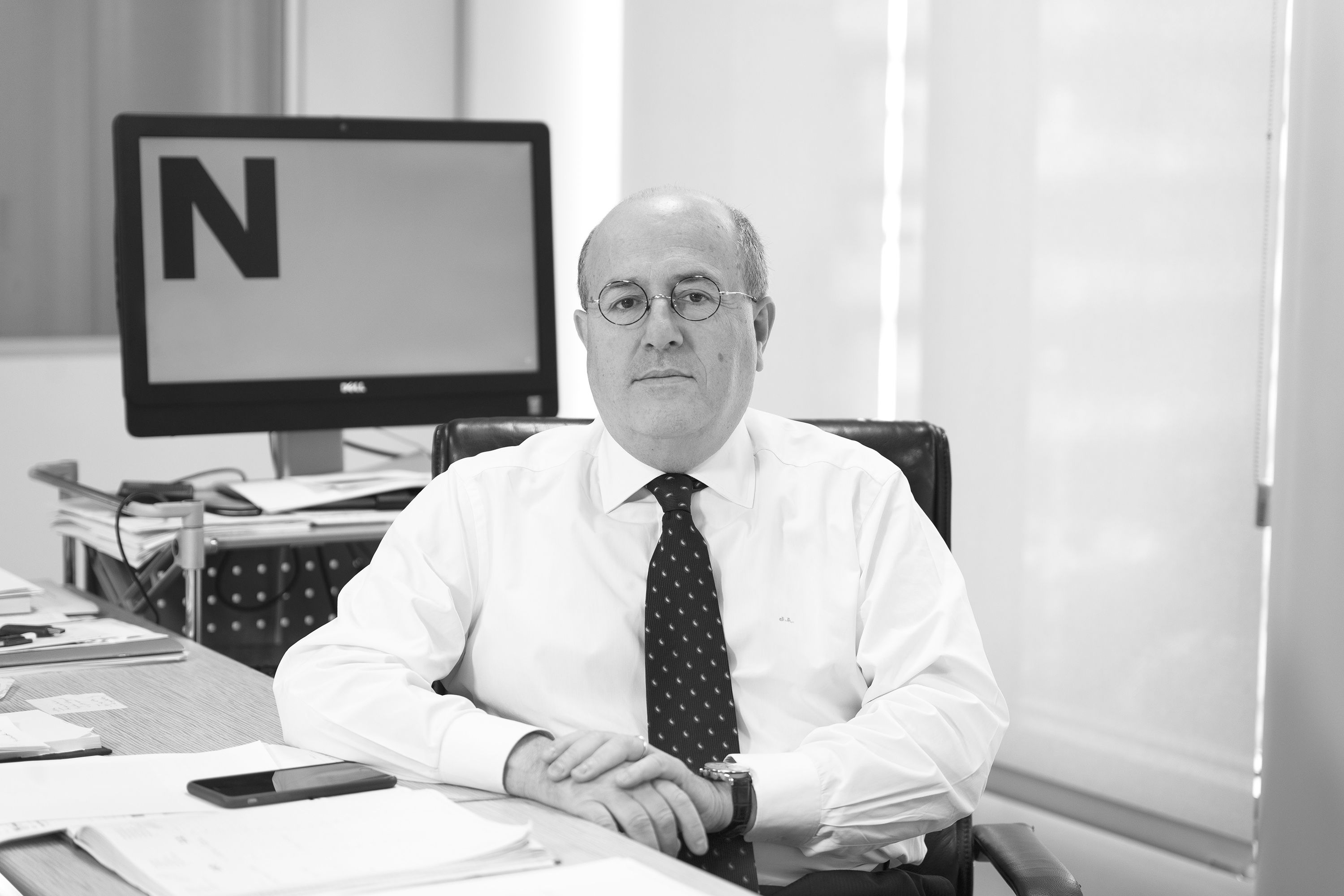As the hours go by, it become more difficult to determine the reasons which have led the Spanish prime minister, Pedro Sánchez, to hold a cabinet meeting on the 21st of this month in Barcelona in Llotja de Mar, a symbolic building located in Ciutat Vella neighbourhood and currently the headquarters of the city's Chamber of Commerce, its owner. Although it's located on passeig Isabel II and enjoys an impressive view towards Barcelona port, the Llotja is a true death trap in terms of security according to the experts.
So much is it so, that the Mossos d'Esquadra (Catalan police) advised against this location for security reasons given the climate of public protest expected for that day. It's known, because the Catalan presidency minister, Elsa Artadi, has said so, that this was communicated to Spanish authorities, along with proposals for other locations like, for example, Albéniz palace1, located on Montjuïc hill and which is, without doubt, a more suitable site both in terms of security and due to the fact that holding a cabinet meeting on private premises is more suitable for playful or festive events than any other thing.
It's also known that the Spanish government's delegation to Catalonia wasn't in favour of the location either in the interest of avoiding travel problems for the prime minister and his cabinet and for security reasons. So, why is it being held there? The first consequence of the decision is that the Spanish government, which planned to bring some 400 quick-response officers from the Civil Guard and National Police Corps, is now raising that number to a thousand. Someone should explain this choice since the range of protests expected fits badly with the location chosen. And, moreover, gives rise to interpretations which are perhaps not right but which leave many questions up in the air because, as has been seen with the passage of time, too many things have been planned to have a concrete objective. From that comes precisely the accusation which is keeping the Jordis, Sànchez and Cuixart, in pretrial detention for the gathering in front of the Catalan economy ministry.
The CDR (Committees for Defence of the Republic) have already called for protests in front of the Llotja in Barcelona from early that morning, the ANC (Catalan National Assembly) has made a call to collapse the Catalan capital with vehicles, Òmnium Cultural will hold a "Popular Cabinet Meeting" in a still-unannounced location and it remains to be seen what the pro-independence parties will propose. Beyond so many calls to action, which reflect the absence of a shared strategy which has already been made clear over the last year, the independence movement should reflect on what it wants the final image of that day to be. The great mobilisations of these years have always been united and peaceful and there are no reasons for it not to be so this time.
Translator's note: 1. The Albéniz palace is the official residence of the Spanish monarch when in Barcelona.

